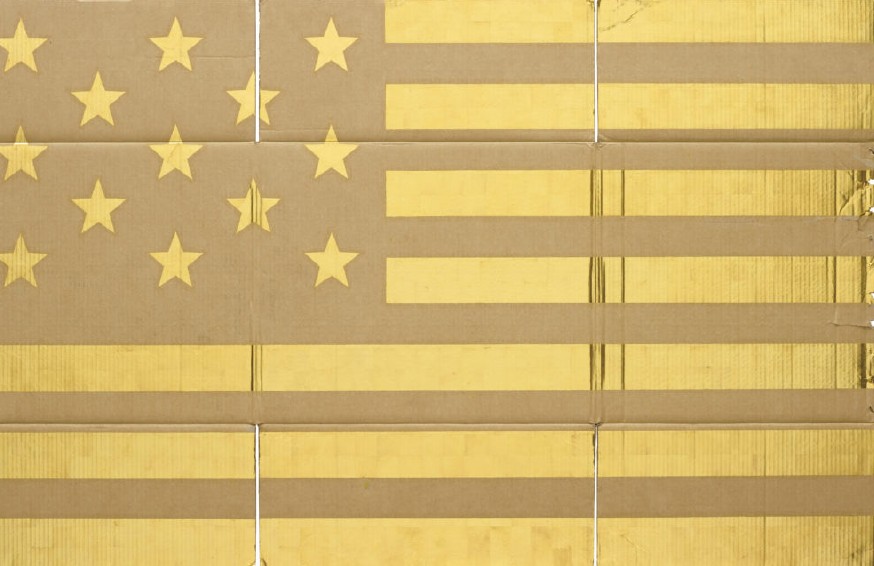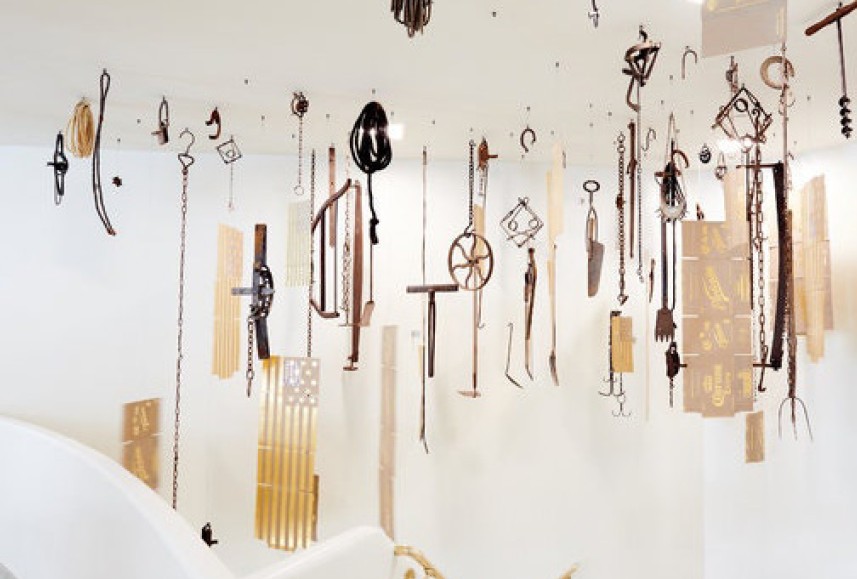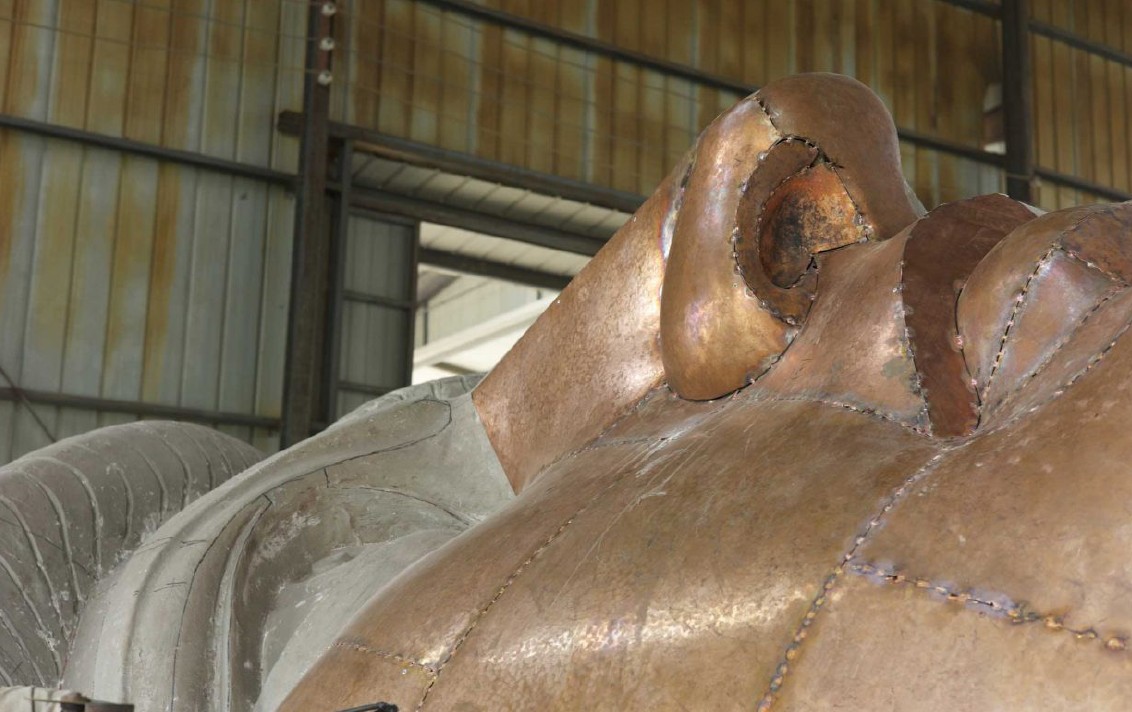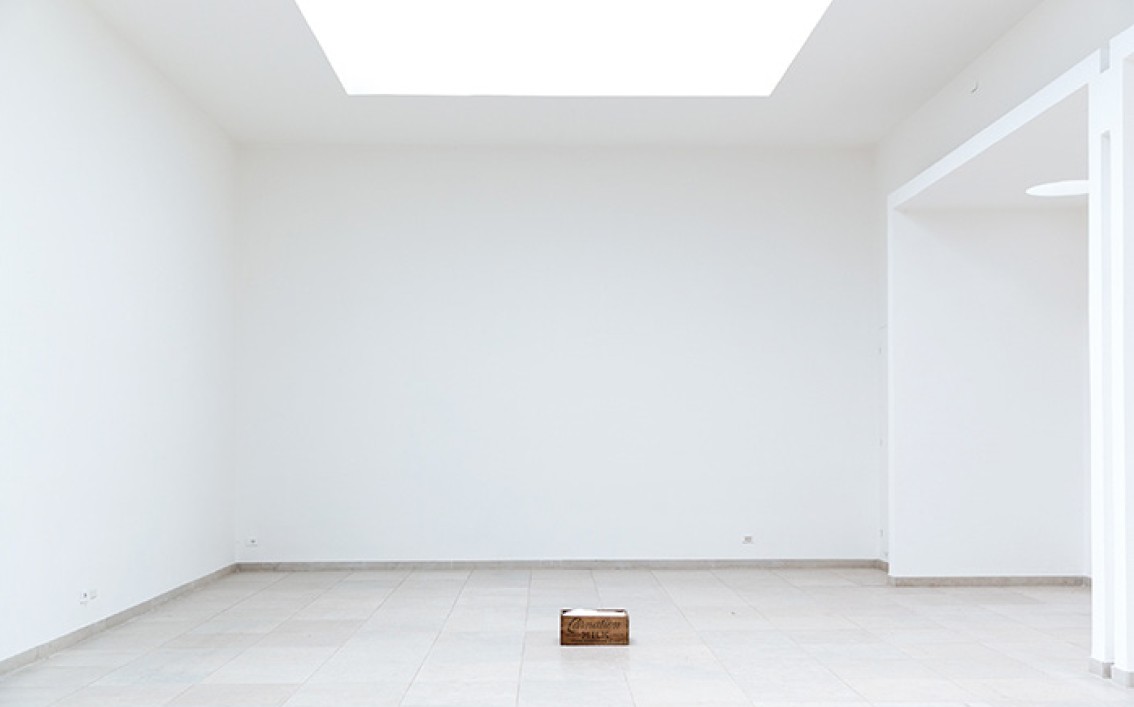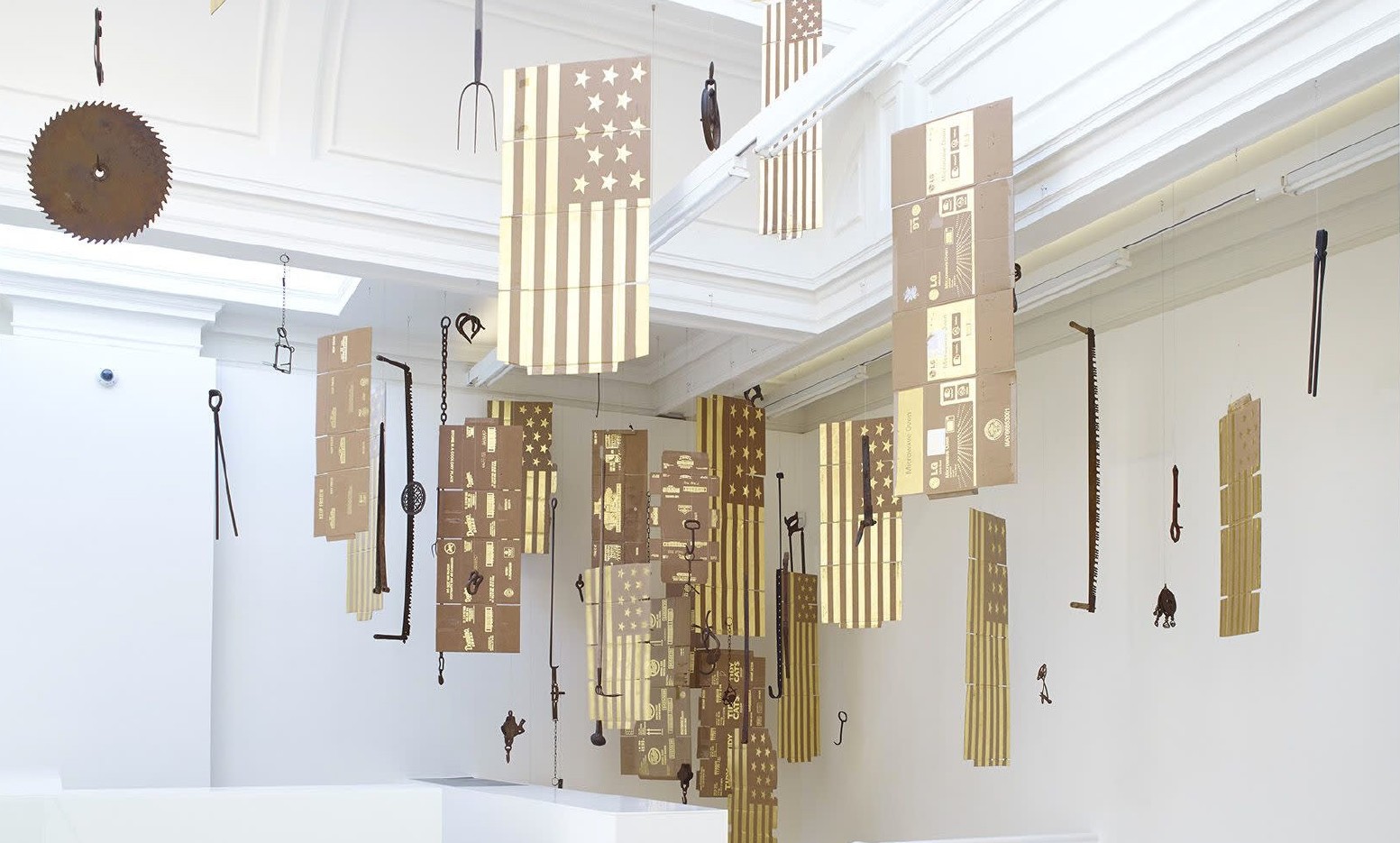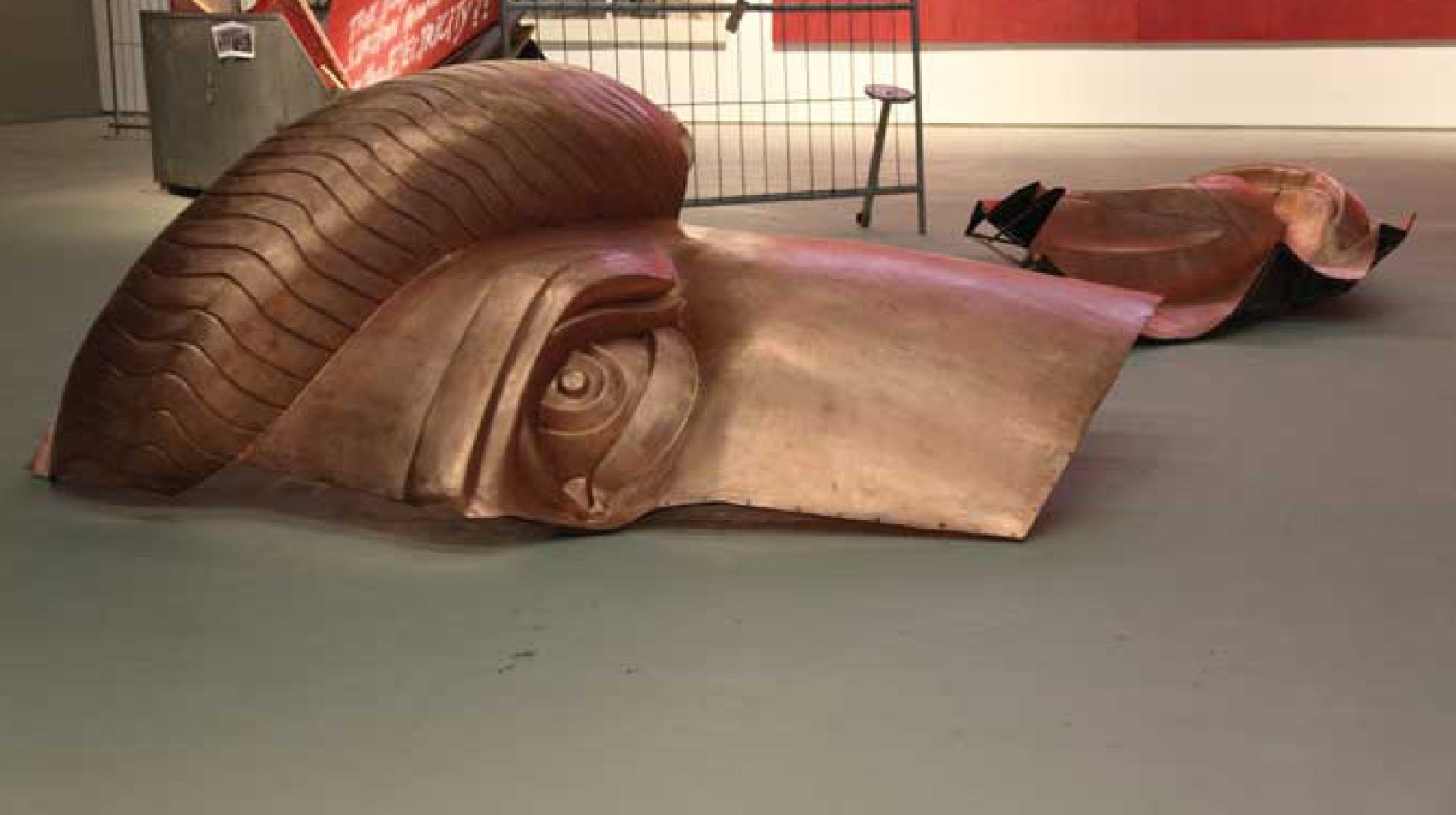Travesía Cuatro gives voice to the Global South on its own terms with video series Bajo el Sol
A space of multidisciplinary engagement that taps into the variety of practice and practitioners across the Global South
Bajo el Sol, a non-profit project initiated by gallery Travesía Cuatro, was born out frustration with the structures in the art world that continue to keep those from and related to the Global South within the periphery, with a select few being given the limelight. With this project the gallery highlights the importance of enabling conversations across disciplines and creating a space to highlight the pathways of connection, practice-building and narrative embodiment that exists in individual and collective practices across the Global South. SOUTH SOUTH interviewed the Travesía Cuatro team to find out more about what inspired this project and what viewers can expect for the next episode.
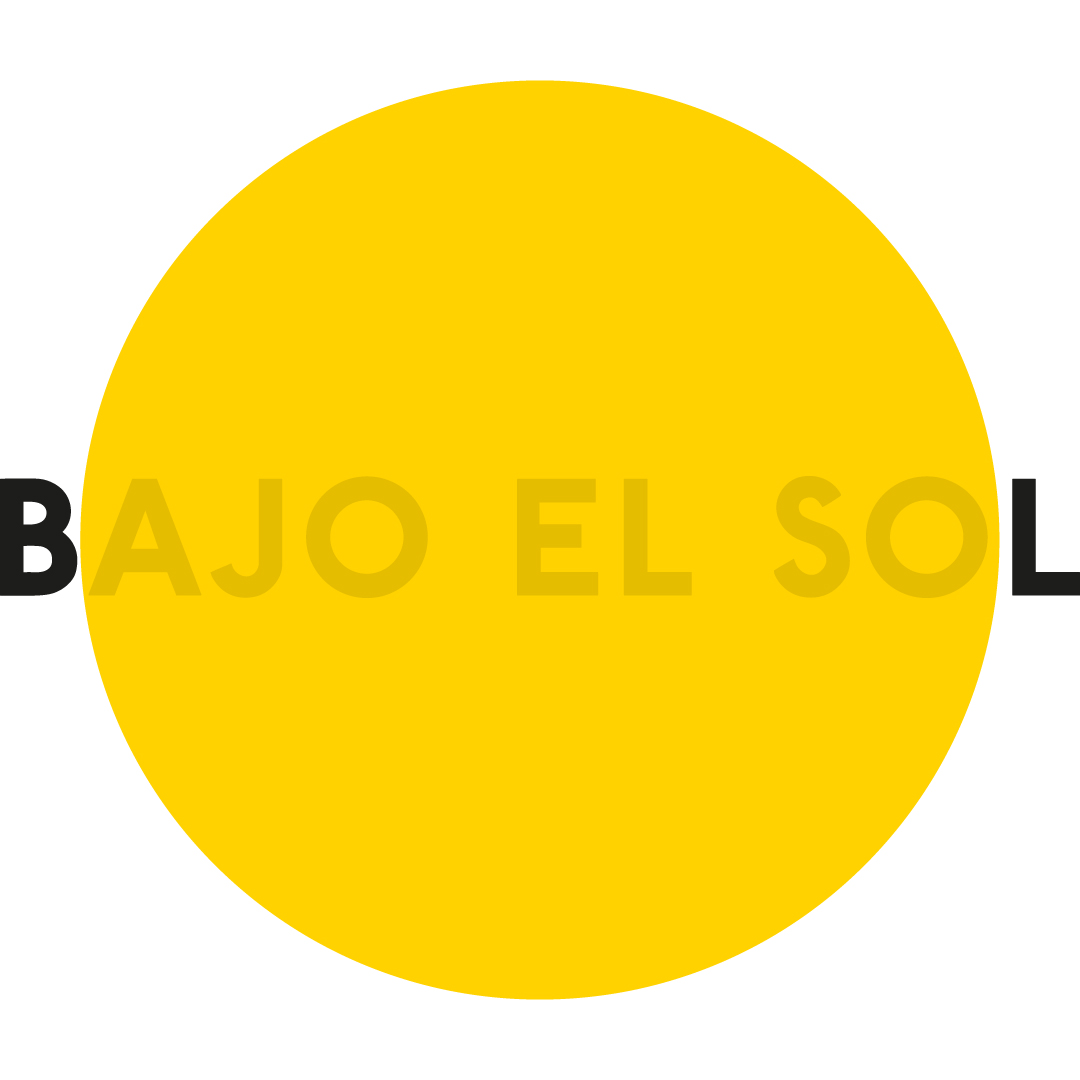
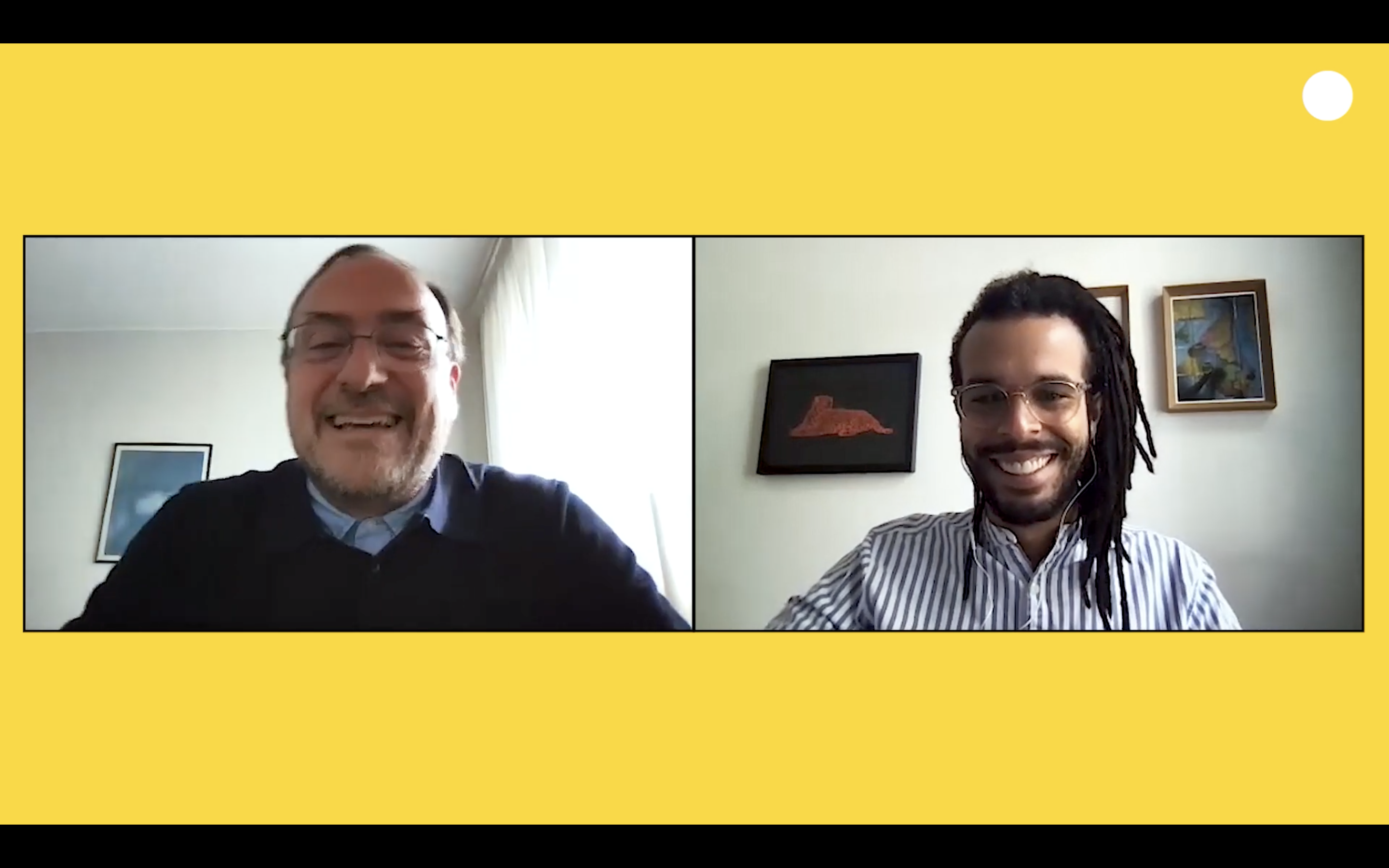
Screen capture from Bajo el Sol episode 1: Hélio Menezes and João Fernandes in conversation
SOUTH SOUTH (SS): As a commercial art gallery, how did you come to establish a non-profit project like Bajo el Sol?
Travesía Cuatro (TC): Throughout our 20 years as a commercial gallery, both in our day-to-day between Madrid, Guadalajara and Mexico City, as well as traveling around the world to art fairs and exhibitions, we have been able to observe how the world of art is structured and how the Western hegemonic cultural model only gives to the South the space and voice that they decide to allow based on its “marginality”, “exoticism” or “isolated genius”. In recent decades, many initiatives from the South of the world, especially in Africa and Latin America, have been working to turn this situation around.
SS: Why, in particular, did you decide to focus on the Global South?
TC: We have spaces in Mexico and Spain. Geographically, politically and socially we feel part of the South and we want the representation of these areas as references of artistic production and thought to be the norm and not the exception.
SS: In the three editions of Bajo el Sol, you’ve already featured incredibly diverse voices across numerous disciplines, in various languages and parts of the world. How do you select the cultural practitioners for each edition?
TC: For this project, we work hand in hand with curator Marisa Lull, who has an extensive experience working in performing arts in Madrid, London, Rome, Uganda and New York. We also do have deep professional connections with agents and artists in the Global South who also help us to shape this endeavor.
SS: As a gallery focussed on visual art, why was it important for Bajo el Sol to be interdisciplinary?
TC: The problems we face as a society are becoming more and more complex, which is why we believe that connecting ideas and concepts through people from different disciplines and latitudes is the best way to address them.
SS: The project seems to suggest that there are remarkable possibilities for transformation through lines of thought emerging from the Global South in particular. Why do you think that is?
TC: In the Global South, knowledge is connected to the roots, emotions and culture in a deeper way. As Palestinian theorist and practitioner of learning Munir Fasheh mentions on his Bajo el Sol conversation with Spanish artist Asunción Molinos Gordo, in the Western countries we have lost our connection. Our World today faces immense challenges and risks (climate change, global pandemics, increasing inequality, to name a few…) after centuries of living in a predominantly Western “way of life”. To turn this situation around, we have to find this connection again. Communities from the Global South and the East are in a way more equipped for the future, and should start to value and have as a reference their own knowledges and their cultures, and change the approach: the West should start catching up with the South.
SS: Could you let us know what you have planned for your next edition and how people can keep updated on the project?
TC: We are planning new conversations and exhibitions with the aim of revealing fragments of reality from diasporic positions and therefore enunciating different desires for contemporary life. Chapter #4 will be a talk between half Spanish half Brazilian artist Sara Ramo and Brazilian indigenous activist and philosopher Ailton Krenak. In order to be updated on Bajo el Sol project, people can follow us on our Instagram account or subscribe to our YouTube channel.

